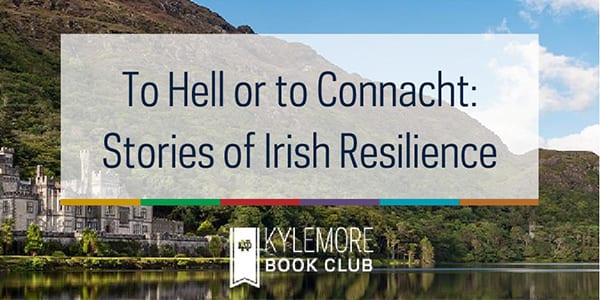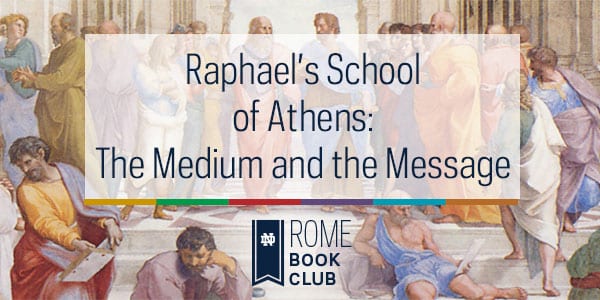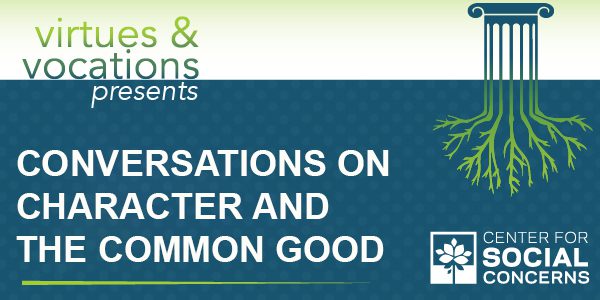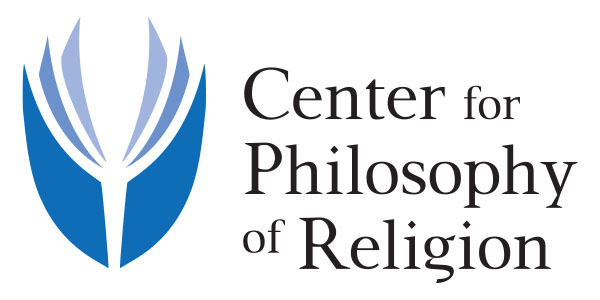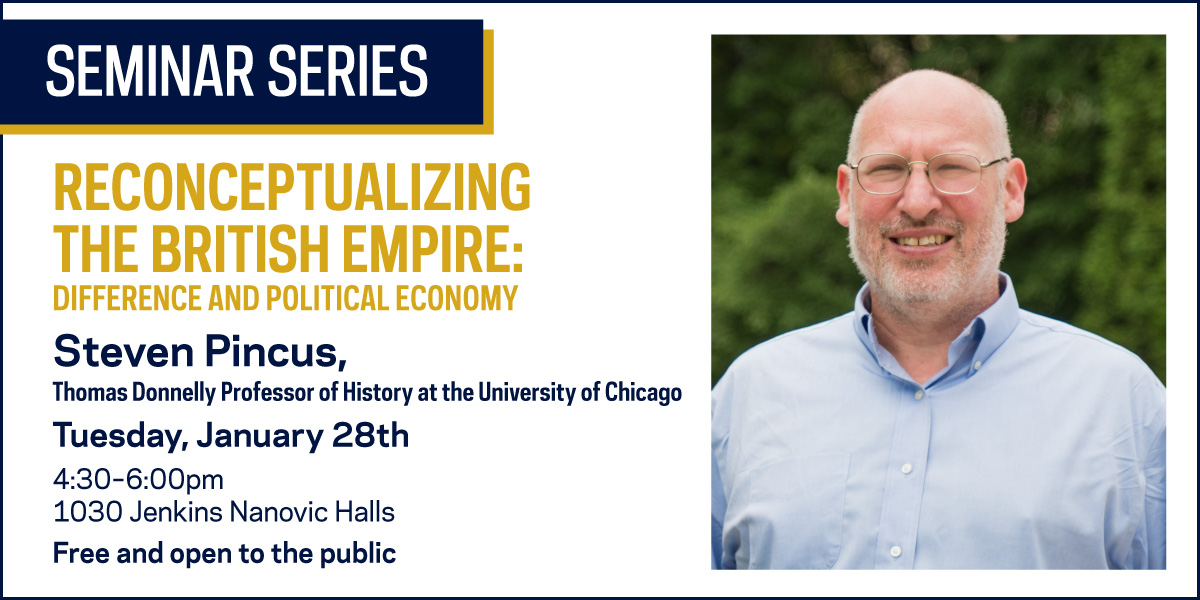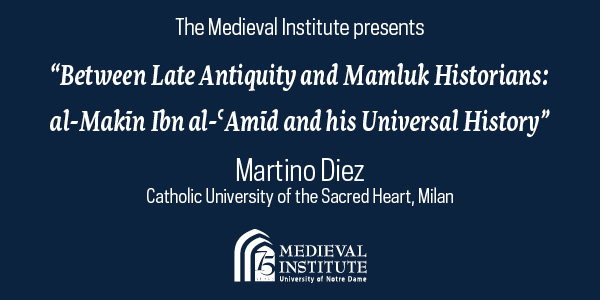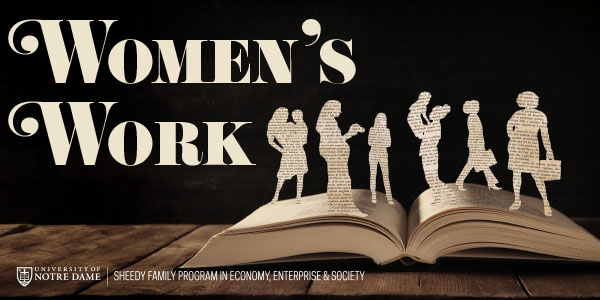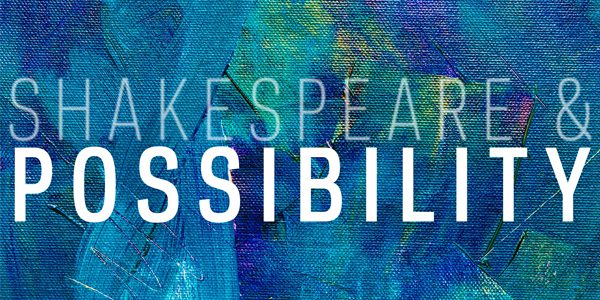TOP 10 LEARNING MOMENTS
- This series of panels seek to redefine what 21st century Shakespeare in performance can mean for different specialized communities.
- For me, the important parts of Applied Shakespeare are about giving a voice to those people who are oppressed, who are marginalized, whom society chooses to or is unable to hear, or to communicate with. — Rowan Mackenzie
- I think Shakespeare’s very good for young people in terms of understanding nuance. I’ve been very struck having a young child, by the way in which fairy tales present people as either good or bad. My son often says to me, is he good or is he bad? And Shakespeare is becoming a really important thing for saying, well, actually people aren’t either good or bad. — Abigail Rokison-Woodall
- [Shakespeare] is global. Performed in virtually every language and country by people from all walks of life so that means he can accommodate all of us, whatever our skin color, gender, age, health, culture. — Janice Valls-Russell
- If you had to create a two-minute summary of Titus, I don’t know that one could do much better than this. — Peter Holland
- What better way to describe both Taymor’s Titus and perhaps Shakespeare’s Titus Andronicus than as a representation of ‘Decadence Lust Madness Passion Betrayal’? — Peter Holland
- On 17th November 1998 and for a while after, across the US and far beyond, people bought tickets at their local movie theaters with no interest in watching the movie that was playing but only in order to watch the trailer the first teaser-trailer for Star Wars Episode 1: The Phantom Menace. — Peter Holland
- There is a little scholarly work out there on the topic, of course, especially in Emma French’s 2006 monograph, Selling Shakespeare to Hollywood, with its focus on ‘what the manner in which Hollywood marketed Shakespeare, and Shakespeare was marketed to Hollywood, reveals about high/low hybridity in global consumer culture’. — Peter Holland
- If you think you know Shakespeare…Think again. — Peter Holland
- But what, finally, if there is no film? What would a trailer look like if there were nothing to see or hear that would be part of the finished product? Here’s an example: [See Trailer – Richard II] In the run-up to a ‘live from’ broadcast there is no film material to use. — Peter Holland
Interested in learning more?
This series is hosted by ThinkND, the University of Notre Dame’s online learning community that connects you with videos, podcasts, articles, courses, and other resources to inspire minds and spark conversations on everything from faith and politics to science, technology, and your career.
Featured Speakers
Rev. James M. Lies, C.S.C., Senior Director, Academic Initiatives and Partnerships, London Global Gateway
Boika Sokolova, Adjunct Associate Professor, London Global Gateway
Peter Holland, Professor; McMeel Family Chair in Shakespeare Studies; Associate Dean for the Arts, University of Notre Dame
Sir Stanley Wells CBE, FRSL, Former Life Trustee (1975-2017); Former Chairman of the Shakespeare Birthplace Trust (1991-2011); Emeritus Professor of Shakespeare Studies, University of Birmingham; Honorary Emeritus Governor, Royal Shakespeare Theatre
Abigail Rokison-Woodall, Lecturer in Shakespeare and Theatre, Shakespeare Institute, University of Birmingham
Scott Jackson, Mary Irene Ryan Family Executive Director, University of Notre Dame
Rowan Mackenzie, Artistic Director, Shakespeare UnBard
Janice Valls-Russell, Principal Research Associate, France’s National Centre for Scientific Research (CNRS), Institute for Research on the Renaissance, the Neo-Classical Age, and the Enlightenment (IRCL), Université Paul Valéry, Montpellier (France)
Florence March, Professor in Renaissance and Restoration Drama, University Paul-Valéry, Montpellier (France); Director of the Institute for Research on the Renaissance, the Neo-Classical Age, and the Enlightenment (IRCL), French National Centre for Scientific Research (CNRS) and Université Paul-Valéry; Co-Editor-in-Chief, Cahiers Élisabéthains: A Journal of English Renaissance Studies
“[Shakespeare] is global. Performed in virtually every language and country by people from all walks of life so that means he can accommodate all of us, whatever our skin color, gender, age, health, culture.”
– Janice Valls-Russell
More Like This
Related PostsLet your curiosity roam! If you enjoyed the insights here, we think you might enjoy discovering the following publications.




